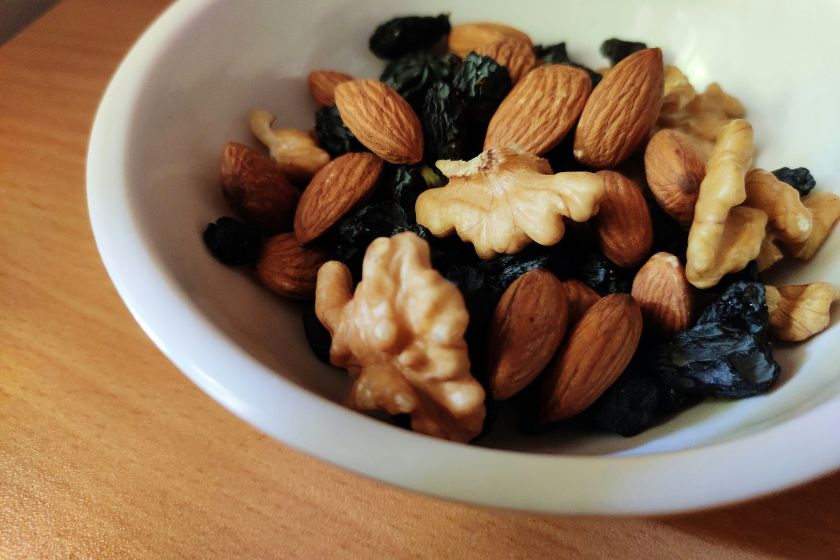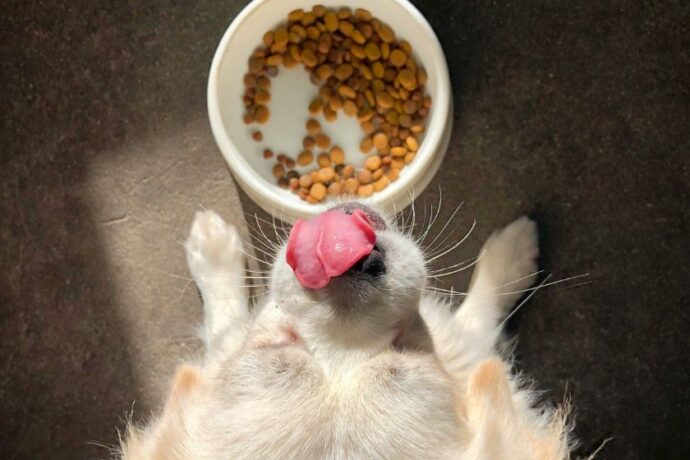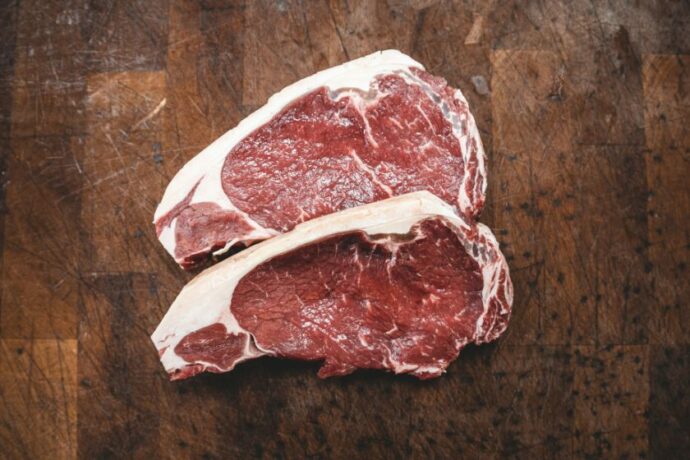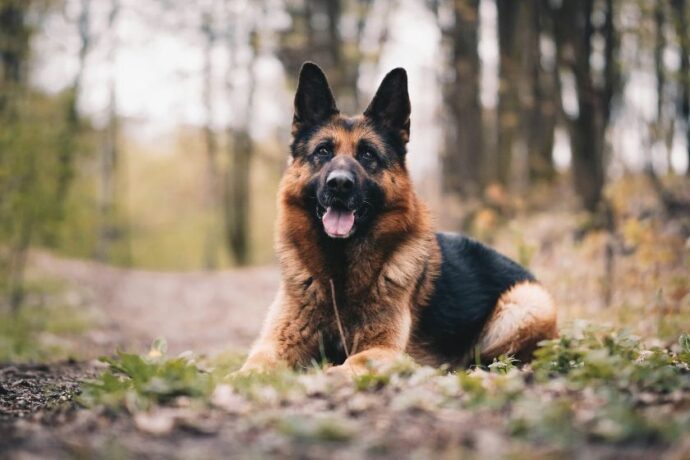
What Dog Owners Need to Know
Nuts are a popular snack for humans, packed with protein, healthy fats, and nutrients. But when it comes to sharing this treat with your furry friend, it’s important to know which nuts are safe for dogs and which ones are potentially harmful. In this guide, we’ll answer common questions like, “What nuts can dogs eat?” and “Can dogs eat nuts and seeds?” to help dog owners make informed decisions.
Why You Should Be Cautious About Feeding Nuts to Dogs
While nuts can offer nutritional benefits for humans, they are not always suitable for dogs. Many nuts are high in fat, which can lead to weight gain or even pancreatitis in dogs. Additionally, some nuts contain toxic compounds that can pose serious health risks. Before offering nuts as a snack, it’s crucial to understand which types are safe and which should be avoided entirely.
What Kind of Nuts Can Dogs Eat?
Here’s a breakdown of nuts that are safe for dogs in moderation, along with those that should never be included in their diet:
Safe Nuts for Dogs
These nuts are safe for your dog in small amounts and when given on special or rare occasions:
- Peanuts
- Why They’re Safe: Peanuts are non-toxic to dogs and can be a good source of protein and healthy fats.
- How to Serve: Offer unsalted, plain peanuts or peanut butter (without xylitol). Avoid roasted or seasoned varieties.
- Cashews
- Why They’re Safe: Cashews are safe in moderation and contain beneficial nutrients like magnesium and antioxidants.
- How to Serve: Only feed unsalted and unseasoned cashews to avoid excess sodium and harmful additives.
- Hazelnuts
- Why They’re Safe: Hazelnuts are generally safe for dogs but should be given sparingly due to their high-fat content.
- How to Serve: Ensure the hazelnuts are plain, unsalted, and free of any coatings.
Nuts to Avoid
- Macadamia Nuts
- Why They’re Dangerous: Macadamia nuts are highly toxic to dogs, causing symptoms like vomiting, weakness, tremors, and hyperthermia.
- Walnuts
- Why They’re Dangerous: Black walnuts, in particular, can be toxic and moldy walnuts may contain tremorgenic mycotoxins, leading to seizures or neurological issues.
- Pecans
- Why They’re Dangerous:Pecans can harbor mold that produces aflatoxins, which are harmful to dogs’ livers.
- Almonds
- Why They’re Dangerous: Almonds are not toxic but are hard for dogs to digest and can pose a choking hazard, especially for smaller breeds.
- Pistachios
- Why They’re Dangerous: Pistachios are high in fat and can lead to pancreatitis. They can also harbor mold toxins.
Can Dogs Eat Nuts and Seeds?
Seeds are another popular snack, but not all are safe for dogs. Here are some guidelines:
- Safe Seeds: Pumpkin seeds and sunflower seeds (unsalted and shelled) are generally safe for dogs and offer nutritional benefits like omega-3 fatty acids and antioxidants.
- Unsafe Seeds: Avoid seeds from fruits like apples or cherries, as they contain cyanogenic compounds that can be toxic to dogs.
How to Safely Feed Nuts to Dogs
If you decide to share nuts with your dog, follow these safety tips:
Check for Additives — Avoid nuts with added salt, sugar, or flavorings.
Portion Control — Stick to small quantities. Even safe nuts are calorie-dense and can contribute to weight gain.
Supervise Consumption — Watch for signs of choking, especially with larger or harder nuts.
Observe for Allergies — Introduce nuts slowly and monitor your dog for signs of an allergic reaction, like itching, swelling, or gastrointestinal upset.
Alternatives to Nuts for Dogs
If you’re looking for healthy and safe treats for your dog, consider these alternatives:
- Fruits: Apples (without seeds), blueberries, and bananas are excellent options.
- Vegetables: Carrots and green beans are low-calorie snacks that most dogs enjoy.
- Specialized Dog Treats: Opt for dog-friendly treats designed to provide balanced nutrition without the risks associated with human snacks.
Signs of Nut Toxicity in Dogs
If your dog accidentally consumes a harmful nut, watch for these symptoms:
- Vomiting or diarrhea
- Lethargy
- Muscle tremors or seizures
- Loss of coordination
- Difficulty breathing
Contact your veterinarian immediately if you notice any of these signs.
While some nuts like peanuts and cashews can be safe for dogs in small amounts, many nuts pose serious health risks. Always prioritize your dog’s safety by sticking to vet-approved snacks and treats. When in doubt, consult your veterinarian before introducing any new foods into your dog’s diet.
At Small Batch Dog Food, we’re passionate about helping you provide the best nutrition for your furry friend. For more expert advice on dog nutrition and safe feeding practices, explore our blog to learn about what herbs are good for dogs, what foods to avoid, and more.



